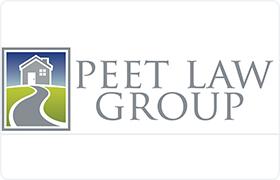ARBITRATION
A non-court procedure for resolving disputes using one or more neutral third parties -- called the arbitrator or arbitration panel. Arbitration uses rules of ev...
(more...)A non-court procedure for resolving disputes using one or more neutral third parties -- called the arbitrator or arbitration panel. Arbitration uses rules of evidence and procedure that are less formal than those followed in trial courts, which usually leads to a faster, less-expensive resolution. There are many types of arbitration in common use: Binding arbitration is similar to a court proceeding in that the arbitrator has the power to impose a decision, although this is sometimes limited by agreement -- for example, in 'hi-lo arbitration' the parties may agree in advance to a maximum and minimum award. In non-binding arbitration, the arbitrator can recommend but not impose a decision. Many contracts -- including those imposed on customers by many financial and healthcare organizations -- require mandatory arbitration in the event of a dispute. This may be reasonable when the arbitrator really is neutral, but is justifiably criticized when the large company that writes the contract is able to influence the choice of the arbitrator.
 x
x

 Fred V. Peet South Burlington, VT
Fred V. Peet South Burlington, VT Practice AreasExpertise
Practice AreasExpertise
